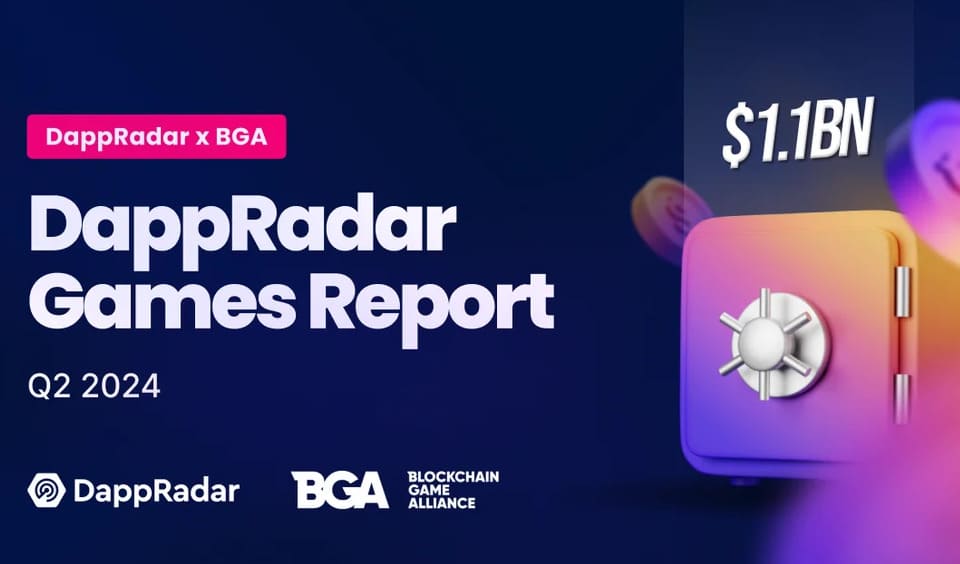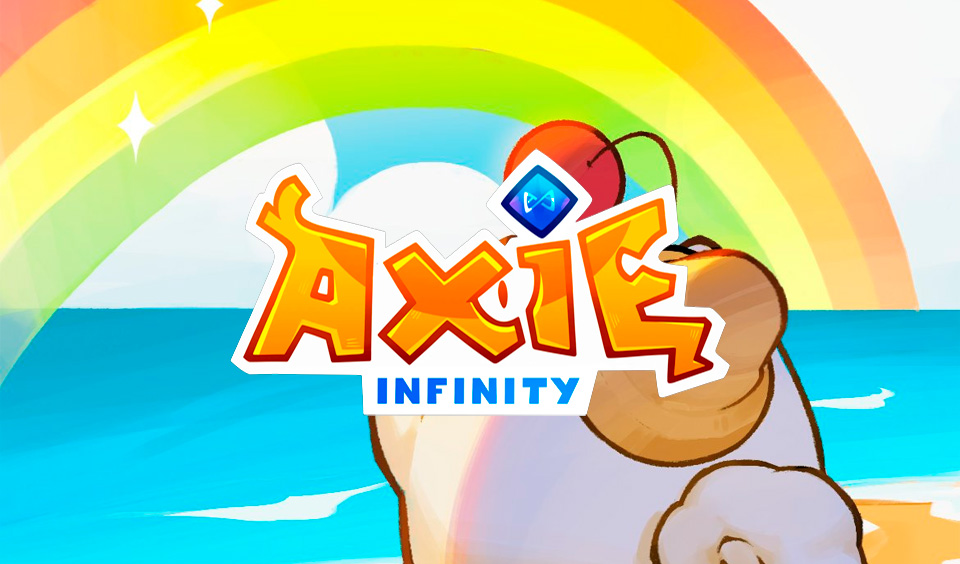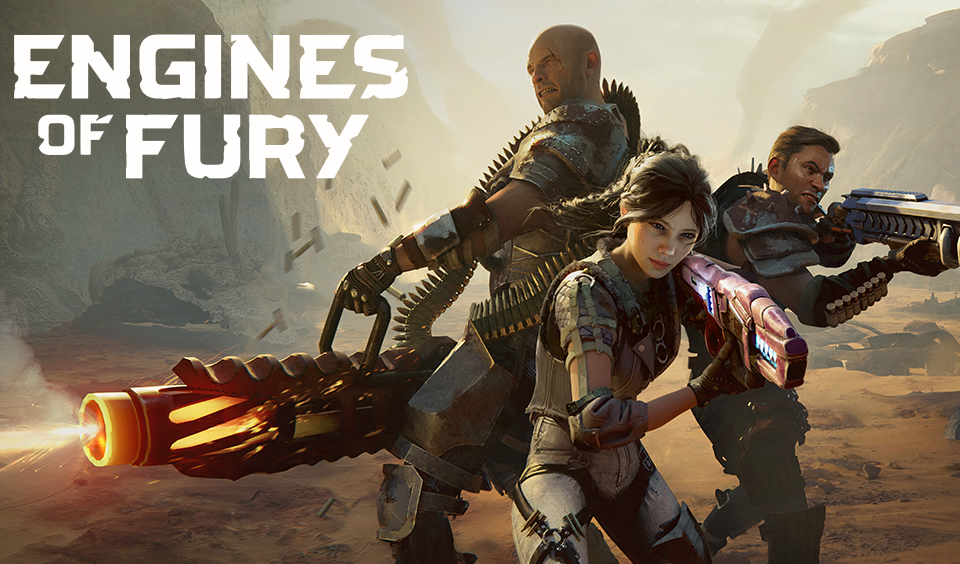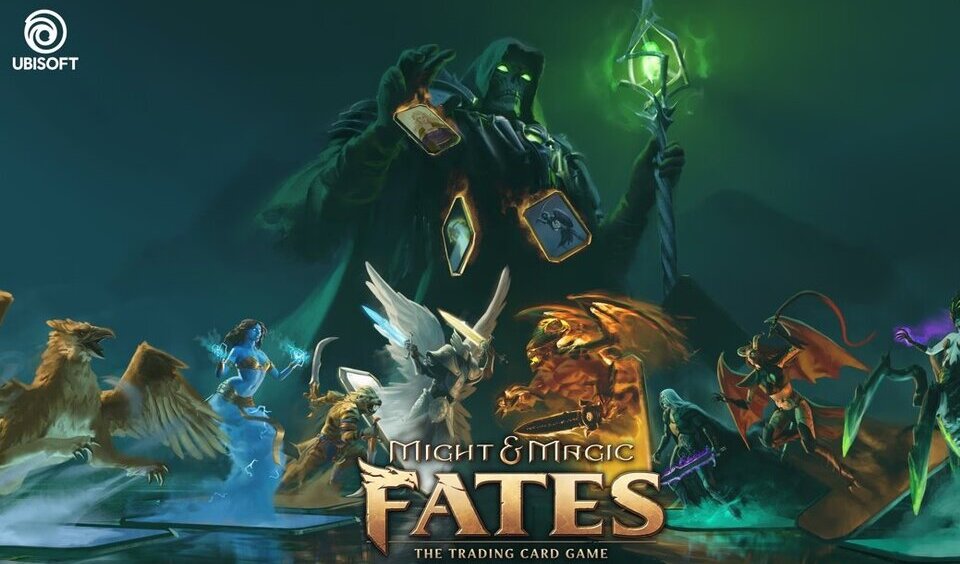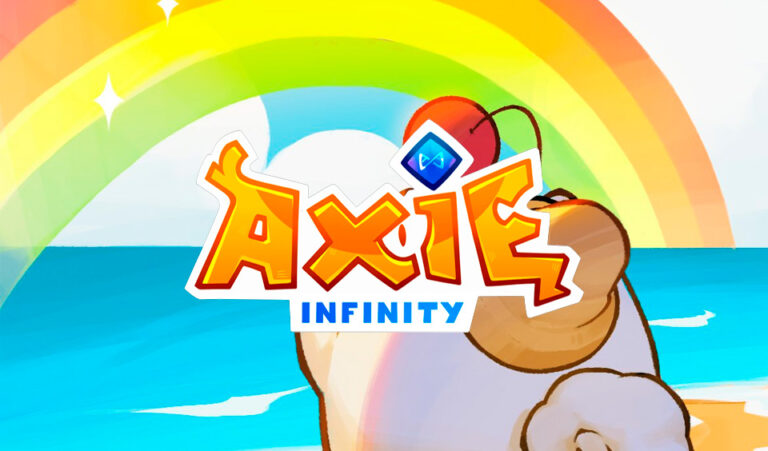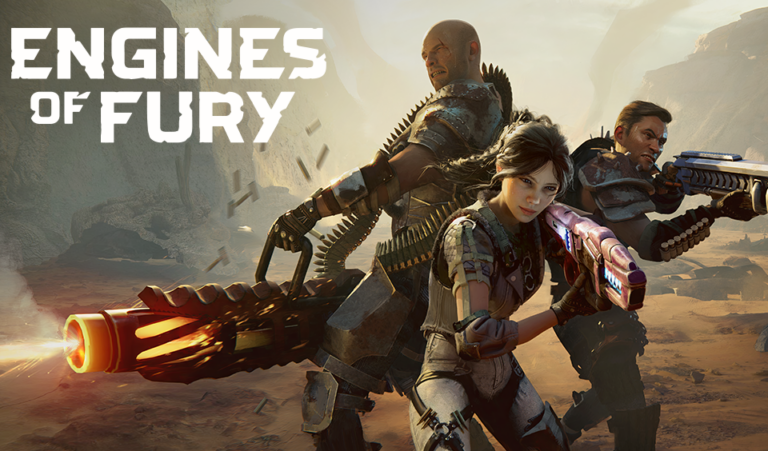TL;DR
- Investments in blockchain games surpassed $1.1 billion in the second quarter of 2024, marking the most successful period since Q3 2022.
- Blockchain games accounted for 28% of all dapp activity, attracting approximately 2.8 million active wallets daily.
- Ronin led with over 1.9 million daily active wallets, followed by Polygon, NEAR, and Klaytn in user growth.
In the second quarter of 2024, the blockchain gaming ecosystem has experienced significant growth and investment, solidifying its role as a key driver for Web3 technology adoption. During this period, investments in blockchain-based games surpassed $1.1 billion, marking the most successful period since the third quarter of 2022.
This 314% increase from the previous quarter and 17% compared to the same period last year demonstrates a growing interest and confidence in the potential of decentralized digital games. Blockchain games represented 28% of all decentralized application (dapp) activity, attracting approximately 2.8 million active wallets daily.
Ronin emerged as the leading blockchain for gaming, doubling its user base with over 1.9 million unique daily active wallets. Following in growth are Polygon, NEAR, and Klaytn, each experiencing significant increases in user adoption.
Despite substantial improvements, NFT-based collections within the metaverse saw a slight decline, with a 29% decrease in transaction volume and a 21% drop in sales. However, Mocaverse stood out, capturing 49% of the total transaction volume in this sector, solidifying its market presence despite the overall downturn.
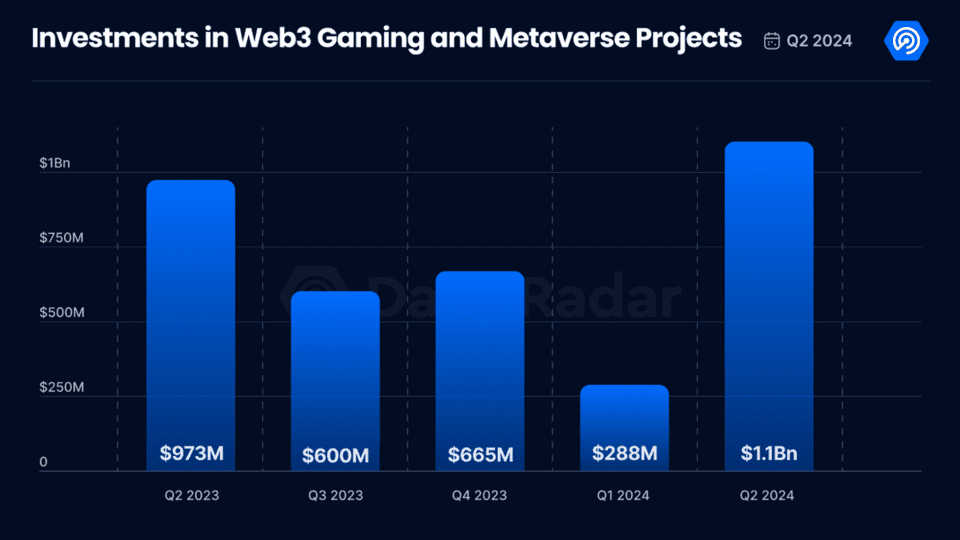
The Blockchain Industry Confirms its Strength and Growth Potential
High-level investments also marked the quarter. Funds like a16z Gaming Fund and Bitkraft Venture Fund raised $600 million and $275 million respectively. These funds are aimed at supporting game studio development, developer infrastructure, and consumer gaming-related applications.
Looking ahead, despite challenges such as fluctuating interest in the metaverse, positive trends in investments and the adoption of Web3 technologies in blockchain gaming suggest a promising future. The industry continues to evolve towards deeper integration into the global digital economy, fueled by technological innovation and increasing financial backing.

